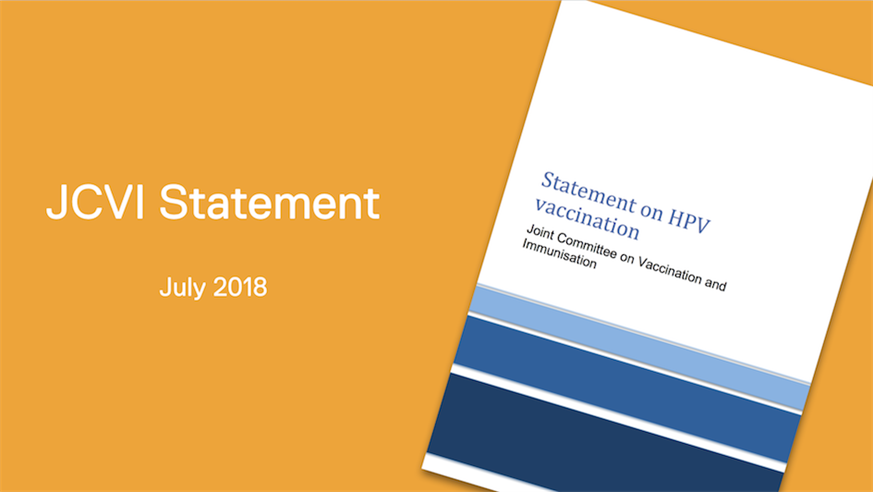
Something historic happened yesterday. A government advisory board called the Joint Committee for Vaccination and Immunisation (JCVI) recommended that boys in the UK should be vaccinated against human papilloma virus, more commonly known as HPV.
The newly proposed ‘gender neutral’ approach will now be put forward to the UK Government’s Department of Health and Social Care (DHSC) for a final ruling, who are under pressure from scientists, clinicians and charity campaigners to adopt the committee’s proposal.
Why vaccinate?
HPV infects cells in our skin and the lining of body cavities. Certain strains are transferred by skin to skin contact during sexual activity. When HPV infects our cells it can cause them to multiply more than usual – sometimes with no symptoms, sometimes causing warts, and in rare cases, causing tumours.
The HPV vaccine has been available to girls aged between 11 and 13 years old since 2008 in an attempt to protect them from cervical cancer – a cancer that is nearly always triggered by HPV infection.
But the decision to only vaccinate girls has always been a controversial one, since the virus can also trigger different types of cancer in both women AND men, including head and neck cancers and cancers of the vagina, vulva, penis, and anus.
At the time, it wasn’t deemed either necessary or cost effective to also give the vaccine to boys, since it was believed boys would be benefit through ‘herd protection’ – if women were protected from HPV infections then they wouldn’t be able to pass it on to men during sex.
But of course the benefit therefore isn’t passed on to men who have sex with men, and many experts felt there would be added protection from vaccinating both boys and girls.
What’s changed?
In the last decade, the number of cancers triggered by HPV has steadily increased, and a third of HPV-related cancers are found in men. In their interim recommendation last year, the JCVI acknowledged this fact, but they still decided not to recommend vaccinating boys because it wasn’t deemed cost effective.
This didn’t make sense to a lot of experts and campaigners, who appealed to the committee to look again.
After doing so, the committee realised the models they used to weigh up the costs of the vaccine versus the savings for the NHS were flawed – because it didn’t take into account how far into the future people would stand to benefit.
Now with revised figures, they believe it would be cost effective for boys to receive the HPV vaccine, reducing the future risk (and expensive treatment of) many different cancers, and bringing the UK in line with other countries, including Australia and Canada.
'Will have a major impact on HPV-related cancers'
Commenting on the decision, Professor Kevin Harrington, Professor of Biological Cancer Therapies at The Institute of Cancer Research, London, and Consultant Clinical Oncologist at The Royal Marsden NHS Foundation Trust, said:
“I am delighted with the JCVI’s recommendation to extend human papillomavirus (HPV) vaccination to boys in the UK. The recommendation recognises the fact that this virus is the cause of many different tumours, such as head and neck and anal cancers, in both women and men, and I believe that HPV vaccination will have a major impact on the incidence of HPV-related cancers in the future.
“I now hope that the Department of Health and Social Care (DHSC) will adopt this recommendation. By protecting boys through vaccination, we will be reducing the risk of disease in the entire population through effects on 'herd immunity'. A positive decision by DHSC will send a clear message to others in the global community and will, hopefully, signal similar policy changes in other parts of the world.”
comments powered by